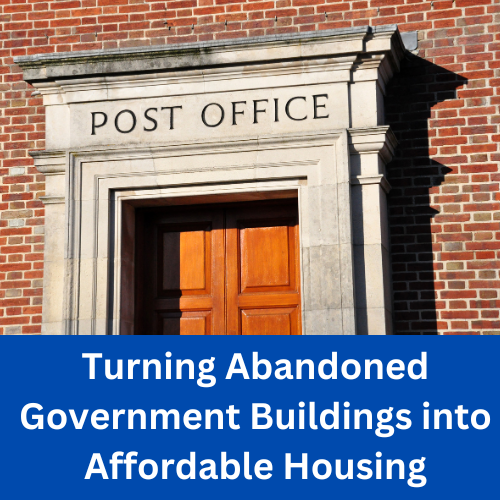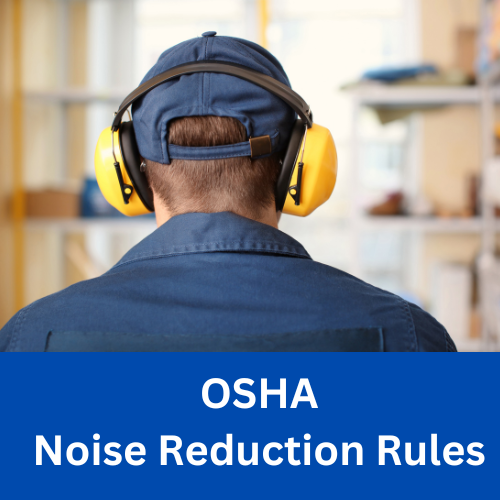As discussions around the housing crisis intensify, governments at every level aresearching for creative and…

What a Trump Victory Could Mean for the Fenestration Industry
Under his first term, now President-elect Donald Trump made significant efforts to reduce regulatory burdens across various industries, including construction and manufacturing. The Republican Party Platform details key issues such as tax, foreign policy and the economy that will be addressed in his second term.
For the fenestration industry, the new policies could mean less stringent energy efficiency standards, building codes, and environmental regulations, which could reduce the cost of compliance for manufacturers.
However, this approach could also bring challenges. A loosening of regulations might lead to a lack of standardization in product quality or energy performance, potentially creating confusion in the marketplace. Manufacturers may face a patchwork of state and local regulations if federal standards are relaxed, requiring more adaptability to different markets.
Tax Reforms and Financial Incentives
Trump’s 2017 Tax Cuts and Jobs Act reduced the corporate tax rate and offered incentives for business investment, which benefited the fenestration industry, particularly in terms of capital investment in new technologies, automation, and production facilities. A second term could see a continuation of these tax breaks, potentially allowing fenestration companies to reinvest in their operations, leading to more innovation, efficiency, and competitiveness.
Infrastructure Investment and Housing Development
A key aspect of Trump’s first term was his “America First” infrastructure plan, which emphasized revitalizing U.S. infrastructure and boosting construction projects. Should he prioritize similar initiatives in a second term, the fenestration industry could see a surge in demand for windows, doors, and other related products for new and renovated buildings. Investments in housing, particularly in the suburban and rural areas, could further boost the need for high-performance fenestration solutions.
Immigration Policies and Workforce Challenges
However, stricter immigration policies, if continued under a second Trump term, could exacerbate workforce shortages in construction and manufacturing. The fenestration industry, like many others, relies on a diverse workforce, and limitations on immigration could make it harder to recruit workers for production, installation, and other critical roles.
An Uncertain Future
A second term under Donald Trump would likely foster an environment of deregulation, tax incentives, and infrastructure development, benefiting fenestration manufacturers and suppliers in terms of cost reductions and growth opportunities. However, challenges related to regulatory consistency, labor availability, and environmental standards could require industry players to adapt quickly to changes. The overall impact would depend on how these policies are implemented and whether they align with the industry’s long-term sustainability goals.
Wakefield Equipment
As a key player in the global glass handling tools and equipment industry, Wakefield Equipment takes our job seriously. Regardless of what lies ahead for the industry, our goal will be the same. Our team has built a reputation of being honest, reliable and trustworthy. We only sell products that meet our stringent requirements and will save our customers reduce labor costs, waste and increase productivity. Contact us to build a custom quote or learn more about how you can plan for the future.



